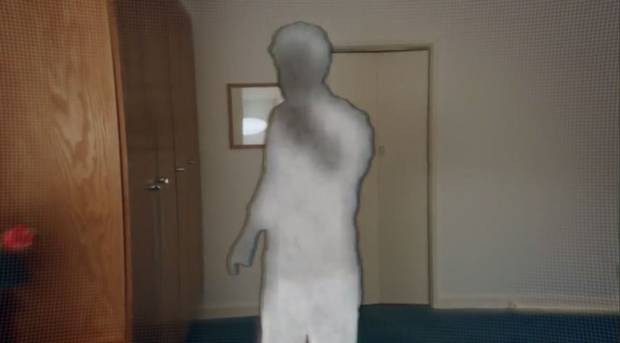The Independent's journalism is supported by our readers. When you purchase through links on our site, we may earn commission.
This mute button for real life could have some very dark consequences
What when people have the power to mute protests?

Here, an 'active listening system' developed by Doppler Labs, will allow users to filter out certain sounds around them, and having amassed over $400,000 in funding on Kickstarter when it only sought $250,000, will almost certainly be with us by December 2015.
It consists of two wireless buds and a smartphone app that allow you to control what you hear and how you hear it.
On the surface there are a bunch of pretty useful-sounding features. You can control the volume of the world, specifically filter out annoying sounds like subway noise, jet engines, babies crying or general chatter, live equalize music at gigs – boosting or reducing trouble and bass and even give the world sound effects, "Instragramming your ears" by hearing the world as though it existed in a warehouse or Jimi Hendrix song.

But when you take the idea of it filtering out crying babies (who do so for a reason) and run with it, some pretty dystopic elements become apparent. While Doppler Labs only intend for customers to use this superpower for good, what happens when the technology is copied by other companies?
As has been pointed out by the New Scientist and various Twitter users, the system could be a handy way of blocking out inequality.
A more nuanced version might allow users to selectively mute protests for instance, or poor people, or entire cities and communities using geo-location.

'Audio curation' as it is being described might initially only sound like a fancier version of earplugs or noise-cancelling earphones, but in offering users the chance to filter their environment could harm their ability to gauge and experience it authentically.
Here is just one element of future tech posing ethical concerns.
Scientists including Stephen Hawking have been airing worries over the possibility of a technological singularity through AI recently, a Russian scientist is planning the world's first human head transplant and a billionaire has predicted a mass uprising as robots slowly take over blue collar jobs.
Join our commenting forum
Join thought-provoking conversations, follow other Independent readers and see their replies
Comments